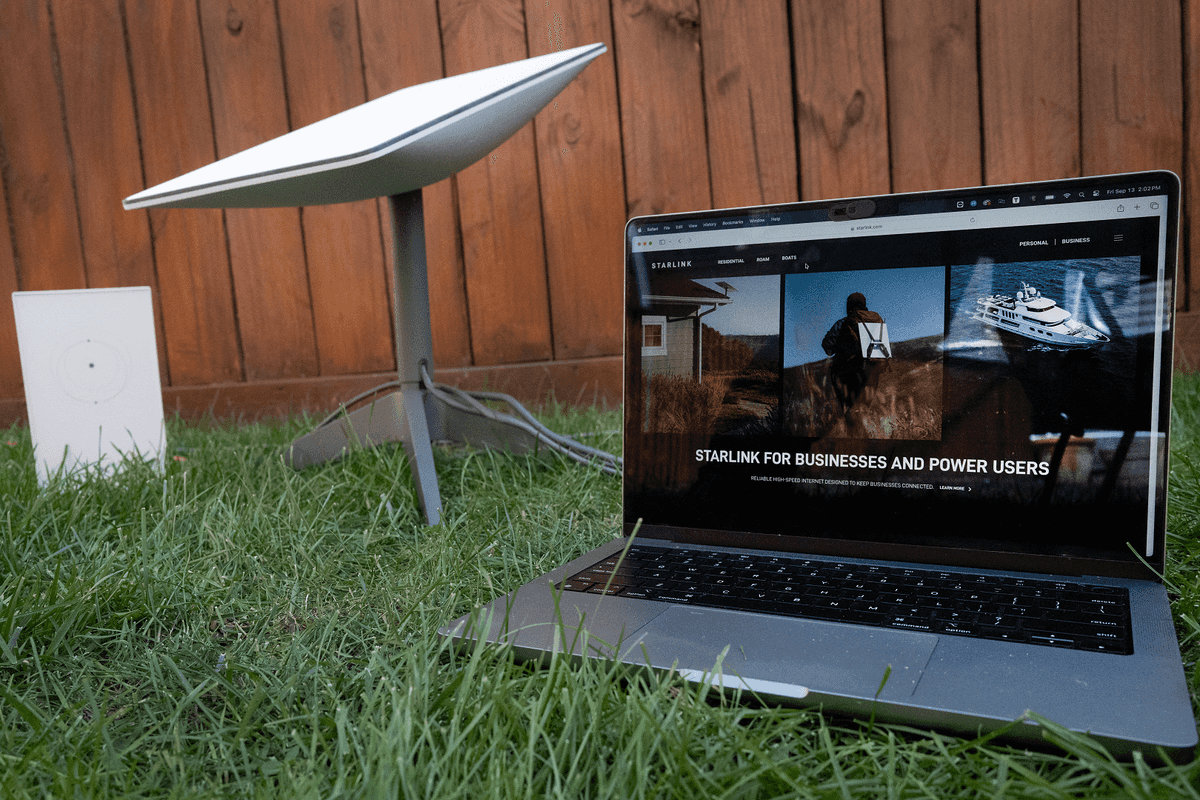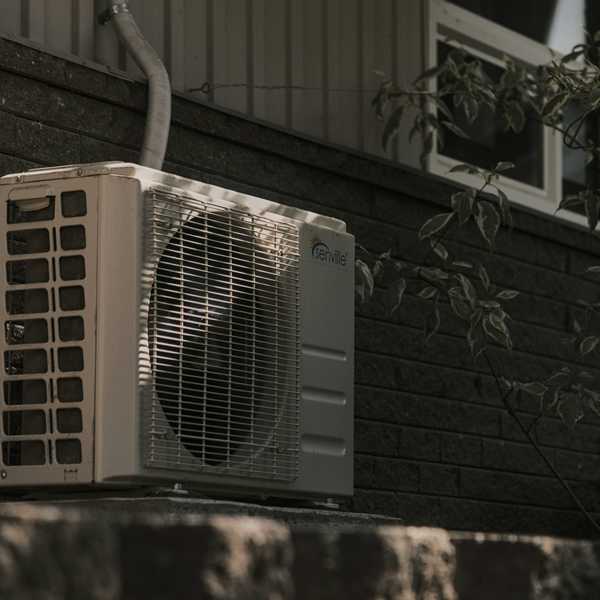Starlink's licensing challenges in Pakistan continue
Regulatory challenges, bureaucratic prerequisites impede Starlink's entry into Pakistani market

Javed Hussain
Correspondent
I have almost 20 years of experience in print, radio, and TV media. I started my career with "Daily Jang" after which I got the opportunity to work in FM 103, Radio Pakistan, News One, Ab Tak News, Dawn News TV, Dunya News, 92 News and regional channels Rohi TV, Apna Channel and Sach TV where I worked and gained experience in different areas of all three mediums. My journey from reporting to news anchor in these organisations was excellent. Now, I am working as a correspondent with Nukta in Islamabad, where I get the opportunity of in-depth journalism and storytelling while I am now covering parliamentary affairs, politics, and technology.

In this photo illustration, a Starlink system is shown on September 13, 2024 in Chicago, Illinois.
AFP
Authorities claim Starlink's license pending due to regulatory non-compliance
Technical concerns raised by Pakistani agencies
New space policy framework established in Pakistan
Elon Musk's satellite internet company, Starlink, has not been given permission to operate in Pakistan because it has failed to comply with regulatory requirements.
The Pakistan Telecommunication Authority (PTA) has stated that the license will be issued subject to all regulatory approvals.
According to Malahat Obaid, spokesperson for the PTA, Starlink's case is currently awaiting "registration" from the Pakistan Space Activities Regulatory Board (PSARB), among other requirements. The PTA will process the case after this prerequisite is fulfilled.
Obaid added that satellite service is particularly beneficial in areas where no other network is available. She noted that Starlink operates in Low Earth Orbit (LEO) or Non-Geostationary Satellite Orbits (NGSO).
Pakistan's first internet satellite, PakSAT-MM1, operates in Geostationary Orbit (GSO), with each having inherent advantages and disadvantages.
The Ministry of Information Technology and Telecommunication recently informed the National Assembly that while Starlink is making significant efforts to start operations in Pakistan, they have not yet complied with the licensing requirements for commercial launch.
Starlink is currently the only company that has applied for a Long Distance and International (LDI) license in Pakistan.
The ministry also noted that other international satellite broadband companies have expressed interest in operating in Pakistan.
License process and delays
Starlink registered with the Securities and Exchange Commission of Pakistan (SECP) in December 2021 as "Starlink Internet Services Pakistan (Private) Ltd". They applied for an LDI license to the PTA on February 24, 2022, for broadband services.
Starlink is also in commercial negotiations with local companies/service providers to start commercial operations.
As part of these negotiations, the ministry sought feedback regarding technical and commercial viability.
The Frequency Allocation Board (FAB), Strategic Plans Division (SPD), and Pakistan Space and Upper Atmosphere Research Commission (SUPARCO) raised several technical, regulatory, financial, and commercial concerns associated with Starlink.
These concerns were communicated to Starlink; however, the company was unwilling to comply with the technical and regulatory concerns raised by the various regulatory agencies.
The process has taken time as it is the first case of a license application for non-geostationary satellite in Pakistan. There were significant concerns about non-geostationary satellites causing interference with Pakistan's existing geostationary satellite PakSAT-MM1.
When Starlink initiated its request for a license in 2021, Pakistan lacked a clear space registration system. The National Space Policy was in the approval stages. The government approved the policy in December 2023. They then approved Pakistan Space Activity Rules in February 2024.
Any company intending to operate satellite internet services in Pakistan, including Starlink, must adhere to these new regulations.







Comments
See what people are discussing